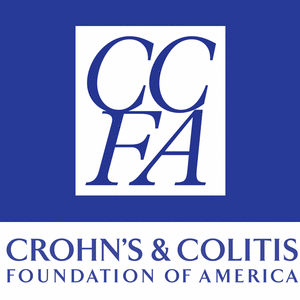 The Crohn’s & Colitis Foundation of America (CCFA) and Pfizer’s Centers for Therapeutic Innovation (CTI) have signed an agreement to support potential development and translational research projects for inflammatory bowel disease (IBD). The partnership will feature capital support from CCFA and the field experience of CTI’s academic medical centers.
The Crohn’s & Colitis Foundation of America (CCFA) and Pfizer’s Centers for Therapeutic Innovation (CTI) have signed an agreement to support potential development and translational research projects for inflammatory bowel disease (IBD). The partnership will feature capital support from CCFA and the field experience of CTI’s academic medical centers.
This is the first alliance that the CCFA has established with a pharmaceutical company, and the joint funding will at first be focused on research projects that are dedicated to the validation of targets in Crohn’s Disease and ulcerative colitis. Pfizer will contribute to the partnership with its network of academic medical centers in order to drive what both partners believe are promising translational research projects toward clinical research.
“We are pleased to have this opportunity to collaborate with CTI to help identify and advance potential new treatments and therapies for people with IBD” said the CCFA’s chief scientific officer, Caren Heller, MD, MBA. “CCFA is dedicated to delivering tangible improvements in the treatment of IBD and helping create better outcomes for patients. By harnessing resources and expertise from both of our organizations we aim to speed the development of better treatments for millions of patients with IBD.”
The idea of the partnership is not only to advance research in IBD, but also to contribute to the evolution of IBD-related R&D toward a closer collaboration between academia and charitable health organizations. According to the agreement, announced by the CCFA, both the organization and the company will co-fund up to four jointly-selected small-molecule projects over the next two years.
“CTI’s work is based on authentic collaboration reflected in shared decision making and aligned incentives in an effort to bring together some of the world’s best resources to develop medicines faster,” says Dr. Anthony J. Coyle, Chief Scientific Officer at Pfizer Inc.’s CTI. “Combining CTI’s scientific resources with CCFA’s deep knowledge of IBD and network of investigators we aim to be well-positioned to pursue more targeted medicines for IBD patients.”
Being one of the largest voluntary non-profit health organizations engaged in finding cures for IBD, the CCFA has already invested more than $200 million since its foundation.
Pfizer also recently partnered with the California-based personal genetics company 23andMe to enroll 10,000 patients with IBD in a research initiative designed to study the role of both genetics and environment in patients’ response to treatments for the disease, as well as to understand how they relate to IBD risk and progression.
